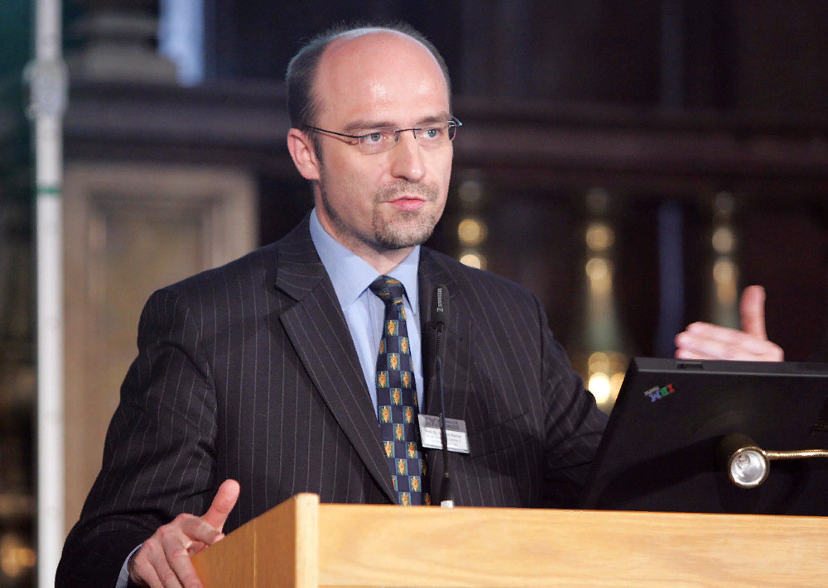
Richard Werner, a prominent banking and development economist and professor at De Montfort University challenges the traditional economic views on the regulators’ role in the recent episode of the PBD Podcast.
Richard Werner has not only a distinguished academic career but also extensive experience in managing and consulting. He is notable for proposing a new form of monetary policy that doesn’t rely on the instruments of traditional monetary policy, such as interest rate regulation or printing money. Instead, R. Werner believes that it is necessary and sufficient for an economic recovery to boost “credit creation”.
However, during his conversation with the host of the PBD Podcast the professor points out that not any type of credit is a good fuel for the economy. Only those granted for productive purposes accelerate economic growth without inducing harmful inflation. Conversely, a boom in consumer (and even mortgage) credit will lead to rampant inflation. He gives an example of Japan in the 1980–1990s, when Japanese banks emerged lending to real estate, creating a huge property bubble. Once this bubble had burst, the country went into a 20-year-long recession.
As a result of his investigation, he concludes that the primary reason for such a dramatic expansion of credit was an “informal window guidance” from the central bank to commercial banks, when the latter were just told to enhance lending. According to R. Werner, neither the reserve rate nor the prime interest rate is of great significance in the monetary policy. Rather, central banks use their hidden informal control tool to direct commercial banks’ credit.
Another counter intuitive but very effective tool of regulators discussed by the professor is bailouts. As he says, bailouts are mere bookkeeping transactions within the bank system, which don’t generate any inflation and just clean the banks’ balances from non performing assets. That’s what the Fed did coping with the legendary 2008 crisis. The only mistake that the regulators made, noticed by R. Werner, was favouring big banks and ignoring local ones, which are the most powerful engine of the economy.
💡 Richard Werner places emphasis on the importance of synergy between small community banks with local businesses. He claims that the strongest economies in the world — Germany, the USA, and China, — comprise of thousands of banks, mostly local ones. They support local businesses, which in turn generate 2/3 of employment all over the world. Germany holds a place of honour in the standings by the number of “small lenders”.
We recommend you watch the whole episode if you are interested in an alternative point of view on traditional economic issues. There are many more perplexing aspects that we have not covered.
